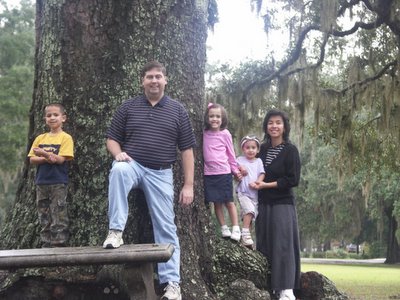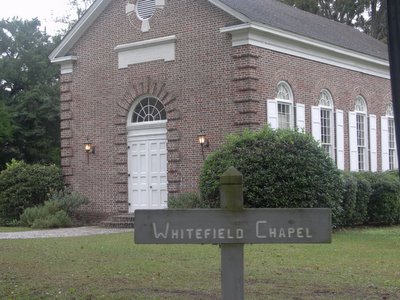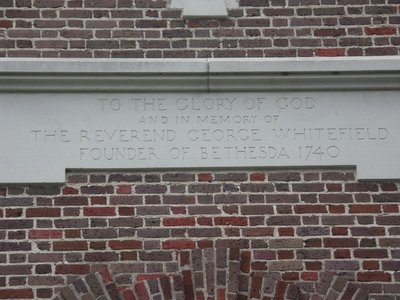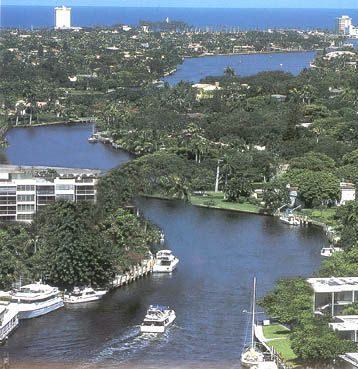Bethesda
In January of 1740, a twenty-five year-old George Whitefield examined a piece of land 10 miles outside of Savannah, GA, that would become the location of Bethesda, the “House of Mercy” orphanage that he planned to establish in the new world. While none of the original buildings exist today, the institution does, and we made Bethesda our first stop during our quick trip through Savannah on our way to Florida. Here is a picture of our family on the grounds of the orphanage. I toyed with the idea that this tree could have been planted by Whitefield, but as old as it is, I doubt that it is anywhere near 265 years old.

Unfortunately, there is not much about Whitefield to be seen at Bethesda today. They do have a small museum but it was closed for renovations when we were there. About the only thing of note is a small chapel constructed in his honor.


The fundraising for Bethesda was something in which even Benjamin Franklin participated, albeit reluctantly. Here is the humorous account, in Franklin’s own words (as found in Arnold Dallimore’s wonderful biography on Whitefield):
Mr. Whitefield … preached up this charity, and made large collections, for his eloquence had a wonderful power over the hearts and purses of his hearers, of which I myself was an instance.
I did not disapprove of the design, but as Georgia was then destitute of materials and workmen, and it was proposed to send them from Philadelphia at a great expense, I thought it would have been better to have built the house here, and brought the children to it. This I advised; but he was resolute in his first project, rejected my counsel, and I therefore refused to contribute.
I happened, soon after, to attend one of his sermons, in the course of which I perceived he intended to finish with a collection, and I silently resolved he should get nothing from me. I had in my pocket a handful of copper money, three or four silver dollars, and five pistoles in gold. As he proceeded I began to soften, and concluded to give the coppers. Another stroke of his oratory made me ashamed of that, and determined me to give the silver; and he finished so admirably that I emptied my pocket wholly into the collector’s dish, gold and all.

